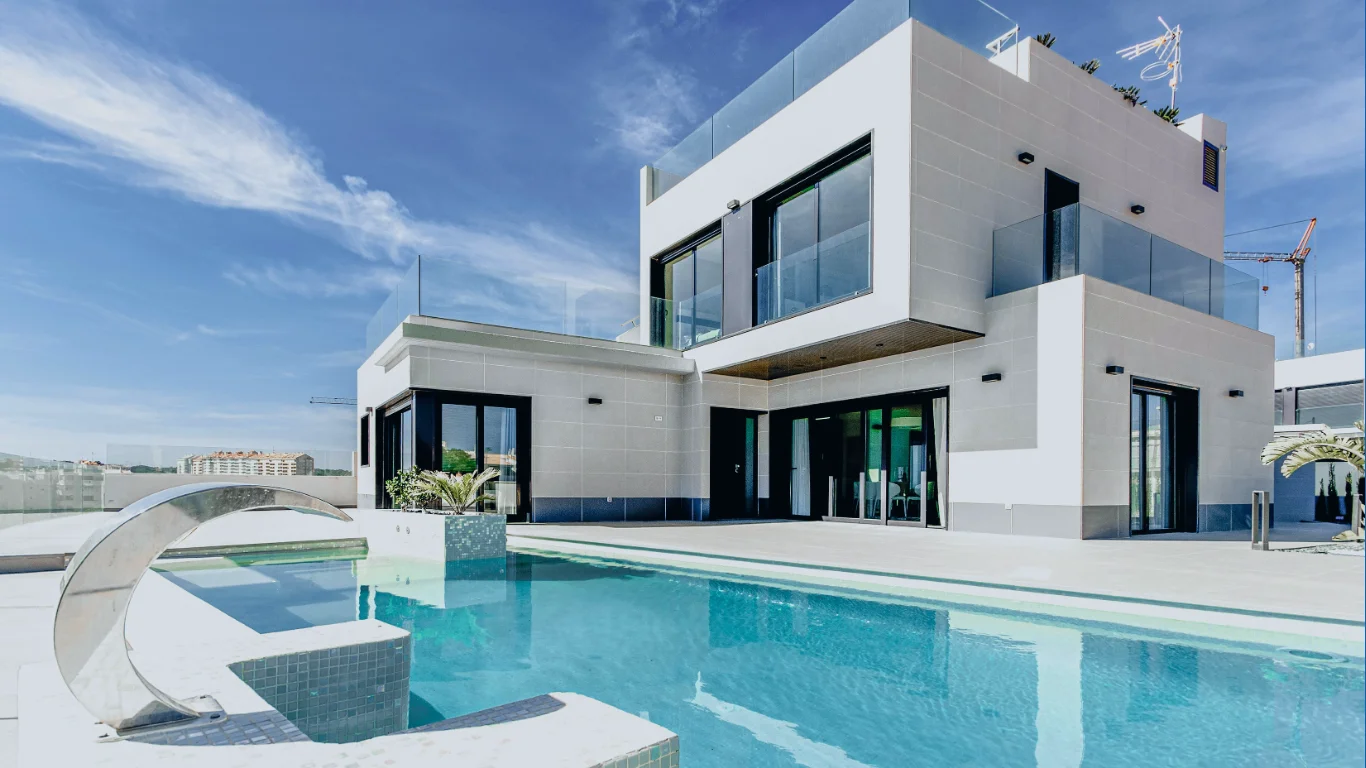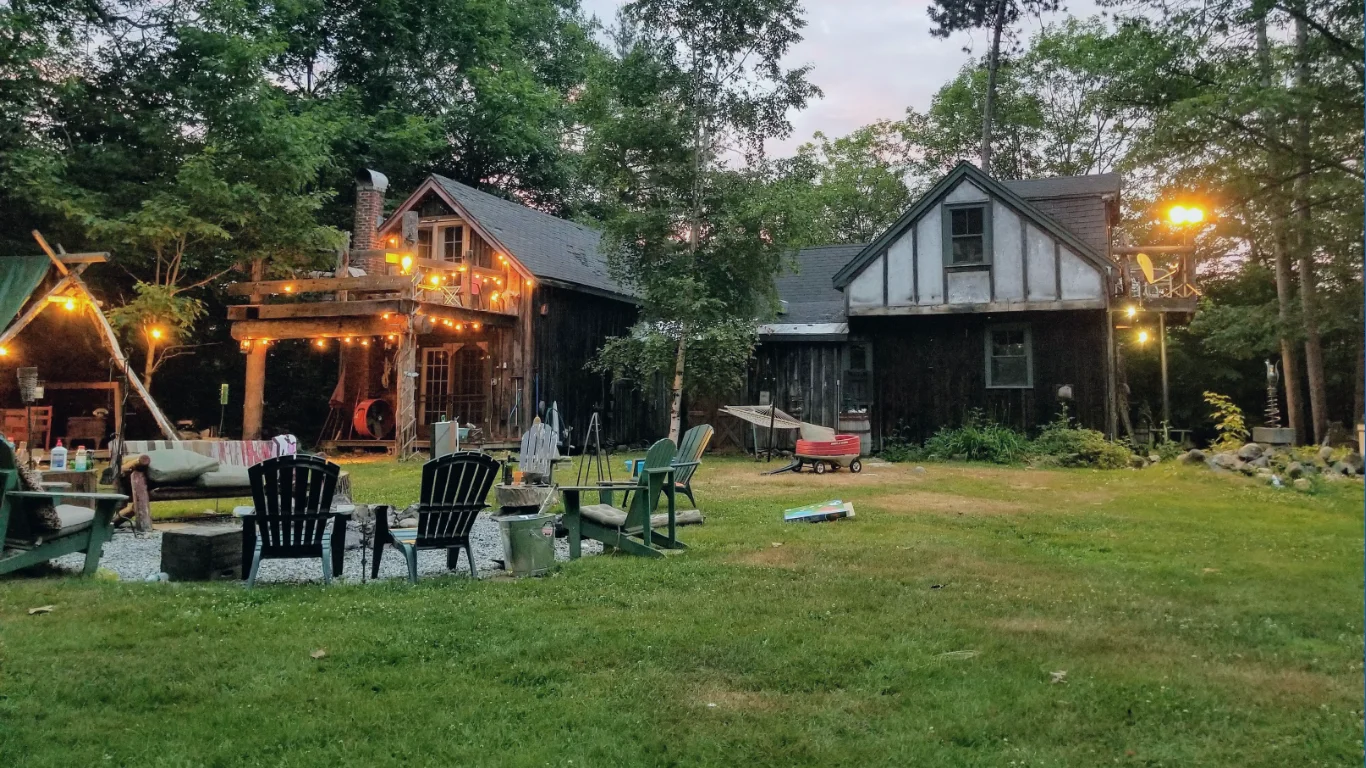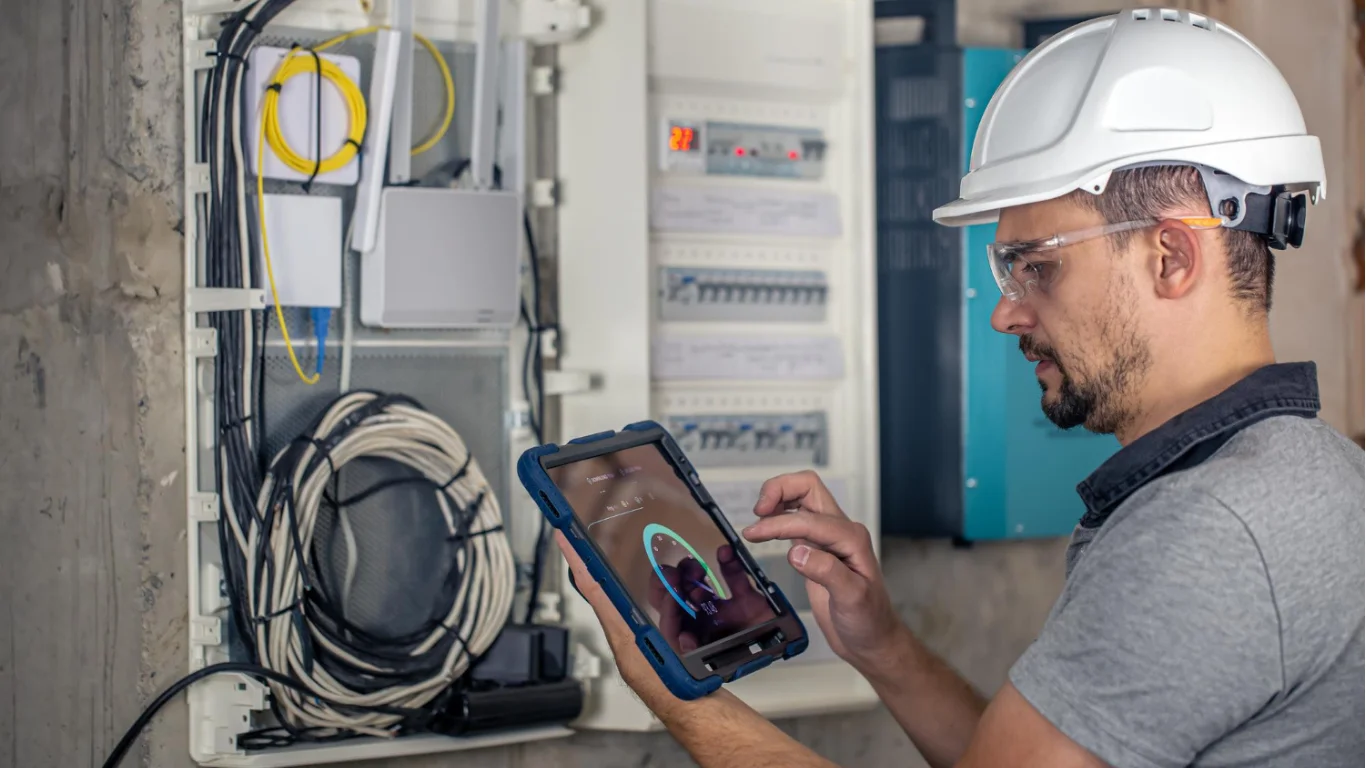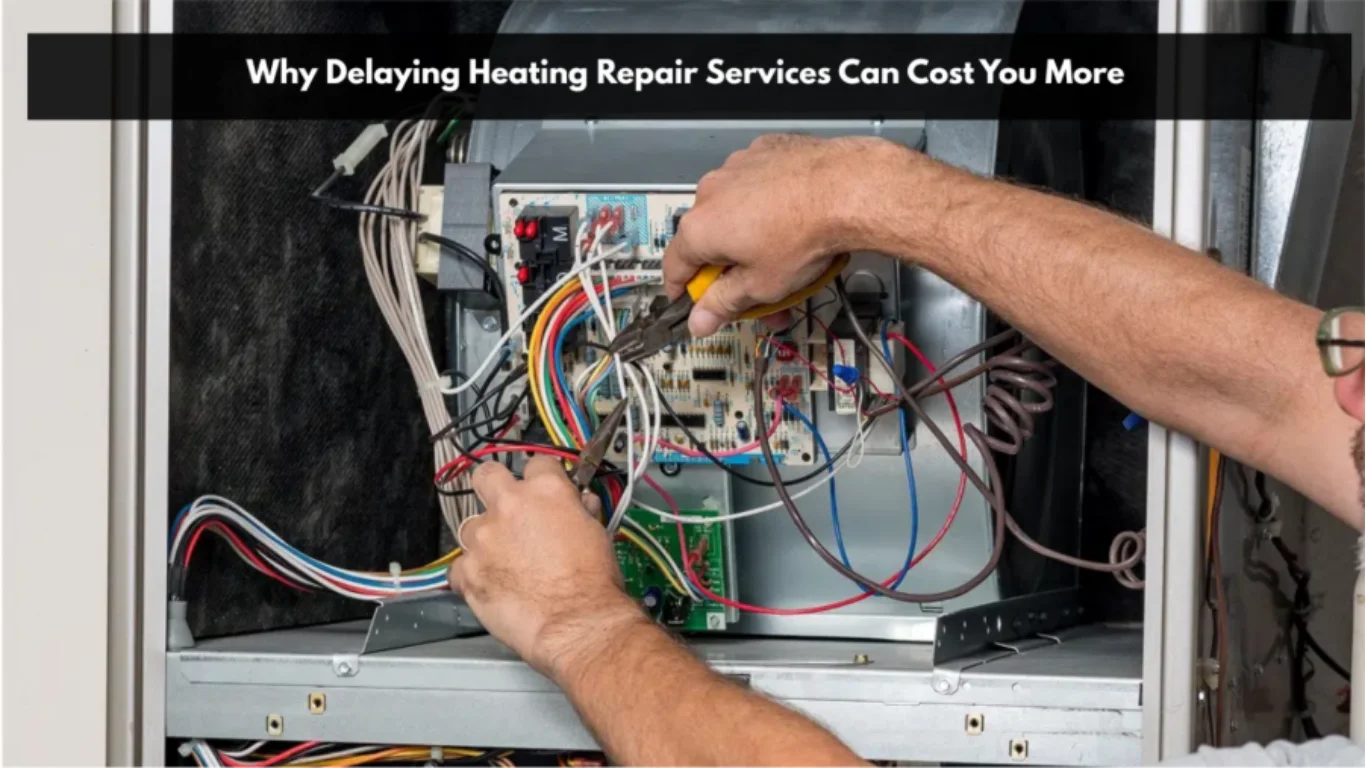Choosing the right roof is vital for any business. Strong and reliable roofing protects your property, workers, and equipment. With many options available, it can be hard to know what fits best.
This guide explores the top commercial and industrial roofing solutions. You will learn about materials, benefits, and upkeep. Whether you need new construction or a repair, the right choice saves time and money. Let’s explore roofing solutions built for long-term strength and efficiency.
Understanding Commercial and Industrial Roofing
Commercial and industrial roofs are different from residential roofs. They cover larger spaces and need stronger designs. They also face greater pressure from the weather and heavy use.
These roofs often use flat or low-slope designs. This makes them easier to build and maintain, but also requires the right system. Proper design is key to durability and safety.
Choosing the right type of roof depends on the building’s use. Factories, warehouses, and offices may each need different solutions. Understanding the demands of your property helps in making the right choice.
Popular Roofing Materials for Businesses
The type of roofing materials you choose affects cost, durability, and upkeep. Common options include metal, single-ply membranes, and built-up roofs. Each has unique strengths for commercial use.
Metal roofs are known for long life and energy efficiency. They resist fire, wind, and water, making them ideal for large buildings. If you are considering metal roofing, check out MR-24 Roof Panels here. They are built to last and trusted across industries.
Built-up roofs use layers of asphalt or tar with gravel. They are strong and provide good insulation. Your choice should depend on budget and performance needs.
Key Benefits of Commercial Roofing Services
Professional commercial roofing services ensure your roof lasts longer. Experts handle inspections, maintenance, and replacement with care. This reduces the risk of costly damage.
Trained teams know how to spot small issues before they grow. They also use proper tools and safety practices. This gives peace of mind to business owners.
Regular services also protect your warranty. Many roofing companies require proof of upkeep. Using trusted professionals keeps your investment safe.
Industrial Roofing Systems and Their Features
Industrial roofing systems are designed for heavy-duty needs. These roofs handle large equipment, chemicals, and frequent foot traffic. They must be stronger than standard roofs.
Most industrial systems use metal or reinforced membranes. These options provide strength and resistance to harsh conditions. Fire resistance and insulation are also key features.
The right system depends on your industry. Manufacturing plants may need extra durability. Warehouses may need better insulation to control energy costs.
The Importance of Roof Maintenance
Roof maintenance is critical for both commercial and industrial properties. Regular care prevents leaks, damage, and structural failure. A small issue left unchecked can lead to costly repairs.
Inspections should be done at least twice a year. Professionals check for water stains, cracks, ponding water, or weak spots. Fixing problems early saves time and money.
Maintenance also extends the life of your roof. It ensures the system performs well even under stress. A well-kept roof supports safety and energy savings.
Roof Repair and When It’s Needed
Even the best roofs may need roof repair over time. Weather, age, and heavy use can cause damage. Acting quickly prevents larger problems.
Common repairs include fixing leaks, replacing damaged panels, and sealing cracks. These steps stop water intrusion and protect the structure. Repairs also restore energy efficiency.
If damage is severe, replacement may be needed. Professionals can assess the extent and advise on the best action. Timely repairs keep your business safe and running.
Choosing the Right Roofing Contractor
The success of your project depends on the contractor you hire. Experienced contractors understand commercial and industrial roofing. They use proven methods for lasting results.
Look for licensed and insured professionals. This ensures accountability and quality service. Ask for references and past project examples.
A good contractor also offers warranties. This shows confidence in their work. Choosing wisely helps you avoid risks and poor workmanship.
Energy Efficiency and Roofing Choices
Energy-efficient roofs save money on utility bills. They reflect sunlight and reduce heat absorption. This lowers cooling costs for large buildings.
Cool roofs, green roofs, and reflective coatings are popular options. These systems also improve comfort inside the building. Metal roofs with coatings can also boost efficiency.
Energy savings increase over time. They also support sustainability goals for businesses. A smart roofing choice benefits both your budget and the environment.
Safety Considerations for Roofing Projects
Safety should be a top priority in roofing projects. Working at heights requires strict safety measures. Contractors must follow safety standards and use protective gear.
Hazards include falls, sharp tools, and electrical lines. Training and planning reduce risks for workers. Regular inspections keep the site safe.
Building owners should hire contractors who value safety. A safe job site prevents accidents and delays. It also ensures compliance with legal requirements.
Modern Innovations in Roofing Solutions
Technology has improved commercial and industrial roofing solutions for businesses. Today’s roofs are stronger, lighter, and more efficient. Digital tools also make inspections faster and more accurate.
Some systems include sensors that detect leaks early. Others use advanced coatings for longer performance. Green roofing solutions are also growing in popularity.
These innovations lower costs over time. They also improve building performance. Investing in modern options brings long-term benefits.
Installation Tips for Long-Lasting Roofs
Proper installation can make a roof last for decades. Poor installation is one of the main causes of roof failure. Hiring skilled professionals is critical.
The surface must be prepared before work begins. This includes cleaning, leveling, and ensuring good drainage. Each step affects performance and durability.
The weather also matters during installation. Avoiding rain or extreme temperatures helps materials set properly. Following best practices ensures a strong and reliable roof.
The Long-Term Value of Quality Roofing Solutions
Strong roofs protect businesses and reduce long-term costs. With the right roofing solutions, you can improve safety, save energy, and extend the life of your building. Regular care and timely repairs prevent bigger problems. Modern options also support sustainability and efficiency goals.
Working with skilled contractors ensures quality results. A good roof is more than protection; it is an investment in your property’s future. Choose roofing solutions that bring lasting value and peace of mind.
Did you find this article helpful? Check out the rest of our site for more great content!







